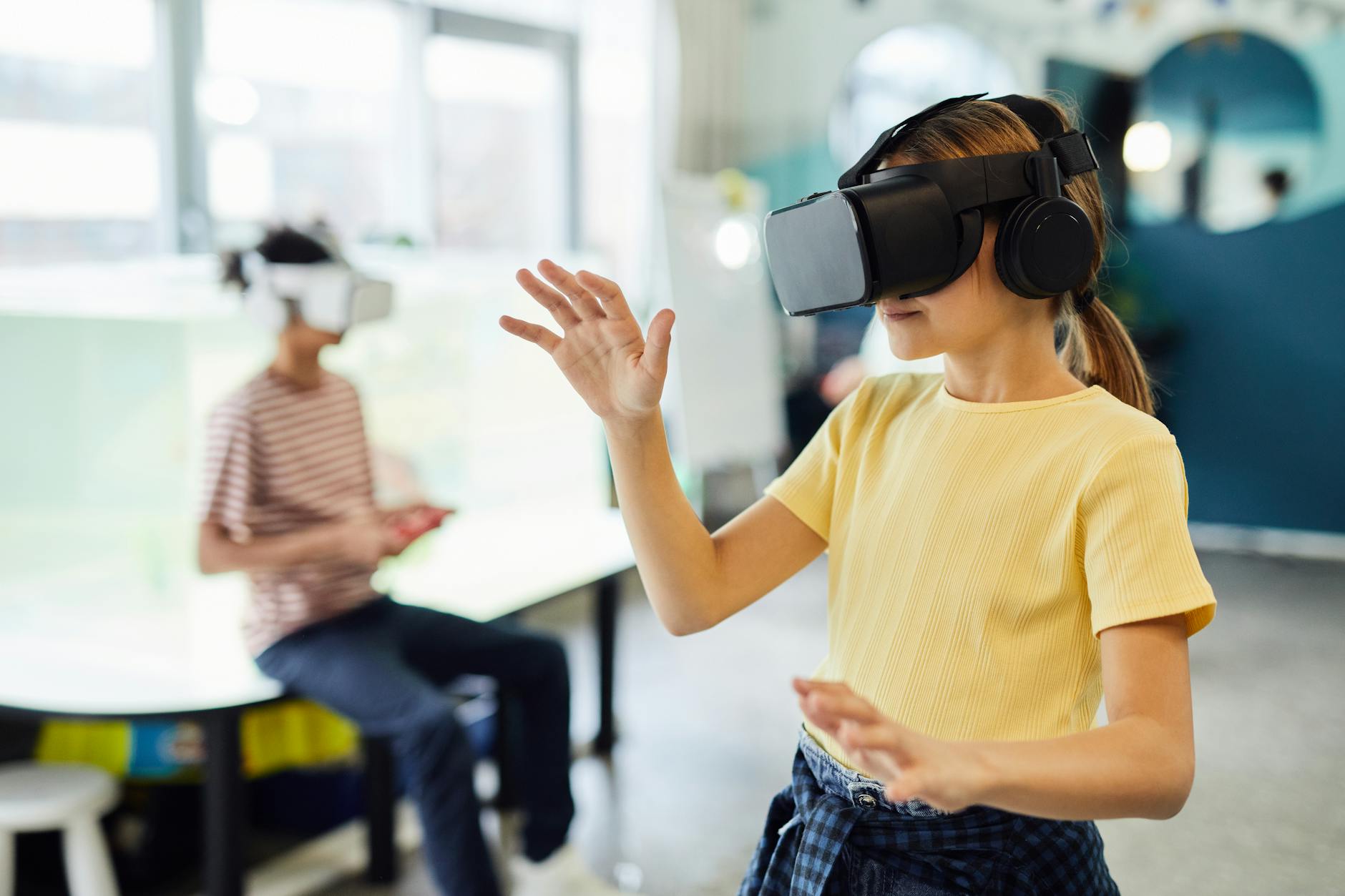Virtual Reality Experiences have revolutionized the way we interact with technology, offering immersive and captivating encounters that blur the lines between the physical and digital worlds. This cutting-edge technology has captured the curiosity and imagination of people worldwide, opening up a realm of endless possibilities. In this article, we delve into the diverse facets of Virtual Reality Experiences to provide a comprehensive understanding of this transformative innovation.
The Evolution of Virtual Reality
Virtual Reality has come a long way from its inception, evolving from rudimentary simulations to sophisticated, lifelike environments. Advancements in hardware and software have propelled VR into mainstream culture, enabling users to explore virtual realms with unprecedented realism.
Applications in Various Industries
Virtual Reality is not limited to entertainment; it has found applications across a wide range of industries. From healthcare and education to tourism and gaming, VR is revolutionizing how professionals work, learn, and engage with their surroundings. The ability to simulate real-world scenarios in a controlled environment has immense value in training and research.
Enhancing Learning and Training
One of the most significant benefits of Virtual Reality is its capacity to enhance learning and training experiences. By immersing users in interactive simulations, VR enables hands-on practice in a safe and realistic setting. This approach is particularly effective in fields that require practical skills, such as medical surgery and pilot training.
Social Impact and Ethical Considerations
As Virtual Reality becomes more prevalent in society, it raises important ethical considerations regarding privacy, consent, and the blurring of virtual and real identities. The social impact of VR on interpersonal relationships and mental well-being is a topic of ongoing research and debate, highlighting the need for responsible development and usage.
The Future of Virtual Reality
Looking ahead, the future of Virtual Reality holds boundless opportunities for innovation and growth. With advancements in technology like haptic feedback and eye-tracking, the immersive experiences offered by VR will continue to push the boundaries of what is possible, shaping the way we interact with digital content and each other.
